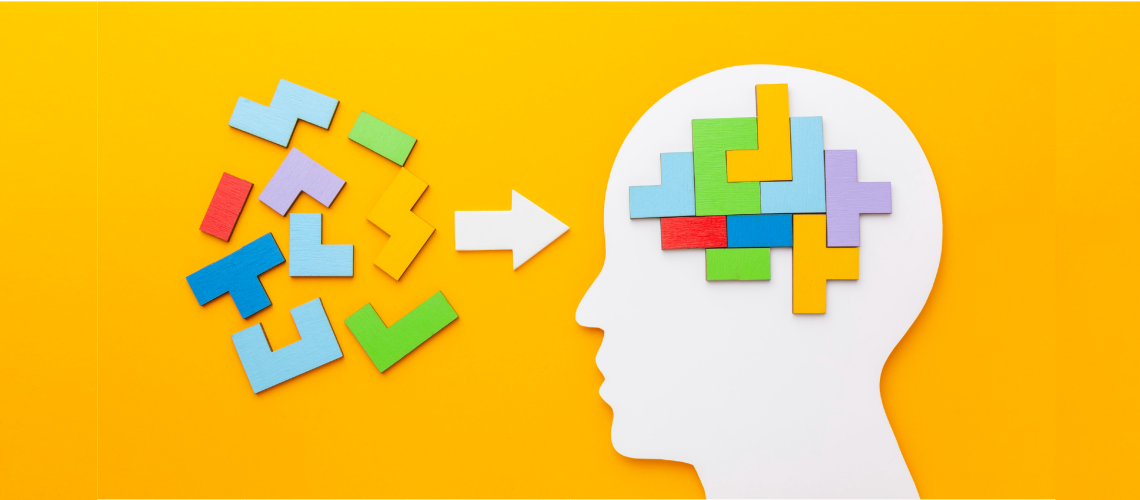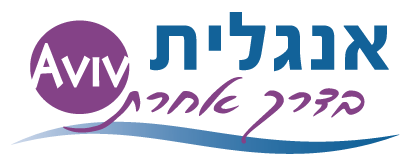
Logic Based Learning
When you tell your students they need to learn something for the next lesson, what exactly do you expect? For instance, learning new vocabulary, a story, or a specific topic in grammar. But what do we mean when we say "learn"? Essentially, we aim for a result, which should be knowledge. So, what does it mean to "know"? As stated on https://www.vocabulary.com/dictionary/know, "knowing" refers to firmly establishing a concept or information in one's mind. This is commonly linked to languages or subjects that a person has studied and can recall, such as "I know Latin," "This student knows their irregular verbs," or "Can you recite the poem from memory?" Knowing involves both memorization and retention of the relevant information.
This aligns perfectly with my understanding of the concept of "knowing" within our domains. When I consider the term "know," I have multiple associations: it involves remembering, as well as effectively applying and utilizing knowledge at the appropriate moment, location, and time.
I am thinking about the importance of "knowing" because understanding what I expect from my students helps me teach them effectively. It is my responsibility as a teacher to ensure that my teaching methods positively impact their learning outcomes. The efficiency of their learning process is greatly influenced by my methodology, which affects their results. Ultimately, our goal is for students to acquire knowledge and understanding.
Remembering a word is insufficient; one must also be able to use it correctly in the appropriate context. Therefore, it is crucial to teach within the context. Introducing new vocabulary or grammar should be done within a relevant context. As a recommendation, it is recommended to always introduce and practice within context.
This is a general recommendation, but it is essential for learners with learning differences and challenges to have contextual clues. This will help them better remember and implement.
In a previous discussion, I highlighted how our learning approach prioritizes efficiency. Furthermore, I firmly believe that the actual value of knowledge lies in its practical application and timing. Utilizing one's knowledge wisely is crucial, which requires a deep understanding of the subject matter. Logic plays a significant role in this understanding, as it helps us connect and retain information for extended periods. By enhancing our long-term memory, logic reinforces our ability to remember important details. This is particularly beneficial for learners who may face challenges or differences in their learning process.
As someone who values logic, I incorporate it into my teaching methodology when introducing new topics or concepts. I aim to avoid simply presenting new words to my students, instead encouraging them to derive meaning from the context. This approach is especially emphasized in my Reading Comprehension series, where I provide guidance and hints to support students in understanding words independently. In doing so, I engage their thinking skills and memory more effectively than if they were asked to memorize definitions. It's important to note that memory deficiencies are often a result of a "lazy brain," as Barbara Arow Smith has pointed out. I prioritize elicitation-based teaching methods that challenge the brain and encourage active learning to combat this. I discourage using dictionaries during learning, as I believe that relying on memory and critical thinking leads to more effective learning outcomes. I believe a logic-based approach is vital to successful teaching and learning, and I prioritize this approach in my teaching methodology. For example, rather than asking students to memorize vocabulary lists, I help them learn new words in context, which enables them to understand better and remember the material.
When it comes to learning grammar, many adult students only remember that there are times when we double a consonant, but they often forget when necessary. This is likely because the rule has been overemphasized and practiced out of context. However, the question remains: why do we even need this rule? In my opinion, it is not as important because it is not pronounced. We cannot hear if there is a double consonant, and most devices now automatically correct spelling mistakes involving doubling. Instead, emphasis should be placed on pronunciation and sentence structure. It is also important to note that students often remember the doubling rule during assessments but forget to use "am-is-are" in the present progressive. This shows that the doubling rule received more attention than necessary and that there wasn't enough practice done in context. They even forget to use the am-is-are in a simple sentence like “the pen is on the table”. Therefore, choosing which battles to focus on is essential, and I believe that the "am-is-are" battle is more important. Additionally, learning within context is crucial because using the verb "to be" is not evident in all languages. A student unfamiliar with the function of "to be" in their native language will find it extremely challenging to remember to use it.
English grammar and its various tenses can be a challenging topic to learn. It's not sufficient to only understand the structure; one must also understand the usage. While many grammar exercises focus on the structure, it's critical to introduce, explain, and practice it within the context to ensure a thorough understanding and proper implementation of the usage. Knowing the correct forms is essential, but it's pointless if you don't know when to use them.
My approach to language learning is based on comparative learning. This means we compare a sentence expressed in the native language (L1) to the English translation. To ensure a structured and scaffolded approach, we start with basic sentences such as "the pen is blue" or "the chair is red". We explore how these sentences are expressed in L1 and compare them to English, including the number of words used to convey the same idea. We begin with the basics, working from the bottom up. For example, the phrase "I am hot" can be expressed in different ways in different languages, such as "I have hot" or "Me hot". I believe that learning grammar should also be based on context and structure.
.
To effectively teach languages, logic should be at the center of instruction, not just for mathematics or related subjects. Logic is an essential building block, even for language learning. By connecting topics to situations and context, memory retention is enhanced, ensuring proper and accurate application of the information. Ultimately, our goal as educators is for students to recall and effectively use what they have learned in appropriate situations, and context plays a crucial role in achieving this.
כולל בריכה -עד 15:00
מה-3.7.22
-
לכל הגילאים
-
ארוחת צהרים וספר ראשון
-
4-6 ילדים בממוצע בקבוצה
-
08:30 - 15:00
כולל בריכה -עד 15:00
מה-3.7.22
-
לכל הגילאים
-
ארוחת צהרים וספר ראשון
-
4-6 ילדים בממוצע בקבוצה
-
08:30 - 15:00
כולל בריכה -עד 15:00
מה-3.7.22
-
לכל הגילאים
-
ארוחת צהרים וספר ראשון
-
4-6 ילדים בממוצע בקבוצה
-
08:30 - 15:00
כולל בריכה -עד 15:00
מה-3.7.22
-
לכל הגילאים
-
ארוחת צהרים וספר ראשון
-
4-6 ילדים בממוצע בקבוצה
-
08:30 - 15:00
כולל בריכה -עד 15:00
מה-3.7.22
-
לכל הגילאים
-
ארוחת צהרים וספר ראשון
-
4-6 ילדים בממוצע בקבוצה
-
08:30 - 15:00
כולל בריכה -עד 15:00
מה-3.7.22
-
לכל הגילאים
-
ארוחת צהרים וספר ראשון
-
4-6 ילדים בממוצע בקבוצה
-
08:30 - 15:00
